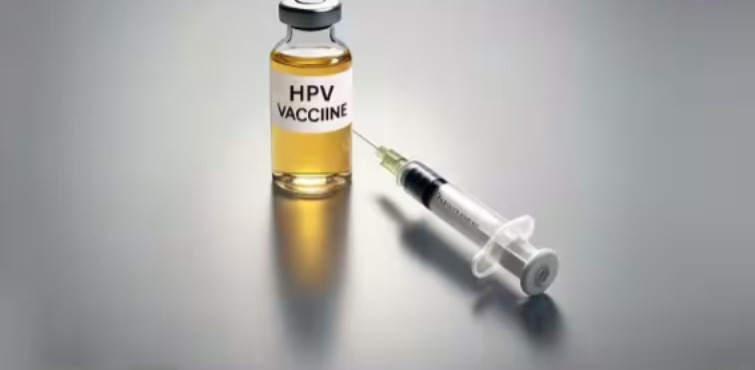
Can you take HPV vaccine even after being sexually active? Yes, sexually active women can take HPV vaccine. In many researches, HPV vaccine has been found to be completely safe. Overall, its side effects are mild. The most common side effects of HPV vaccine can be pain, swelling or rashes at the injection site. Sometimes dizziness or fainting occurs after the shot. Sitting for 15 minutes after the shot can reduce the risk of fainting. Headache, nausea, vomiting, fatigue or weakness may also occur.
All the research done on HPV has not claimed that there is any special condition for sexually active people. Yes, HPV vaccine provides protection against human papillomavirus (HPV), which is a sexually transmitted disease (STI) that spreads through skin-to-skin contact.
What is HPV?
HPV is a group of more than 200 viruses, with more than 40 types spread through sex. It is the most common STI in the United States and 80% of sexually active people will have an HPV infection at some point.
The CDC and FDA continue to monitor the vaccine for rare or serious problems. Does a child need to get the HPV vaccine to attend school? The HPV vaccine is part of the routine childhood vaccine schedule. Each state in the U.S. decides which vaccines from that schedule are required for school attendance. Does the HPV vaccine cause any health risks or side effects?
Do women who have had the HPV vaccine still need to have a Pap test?
Yes, the HPV vaccine does not replace a Pap test. Getting screened for cervical cancer through regular Pap tests starting at age 21 is an important part of preventive healthcare. Contact your doctor right away if you notice any symptoms of cervical cancer. Some symptoms include vaginal bleeding after sex, between periods, or after menopause, pelvic pain, or pain during sex.
Human papillomavirus, also known as HPV, is spread through increased sexual activity. Some strains of HPV cause genital warts. Other strains of HPV can cause cancer. The body can find and eliminate HPV. But if the virus stays in the body for a long time, it can cause cancer. Getting vaccinated against HPV helps prevent cancer in men and women.
Who should not get the HPV vaccine?
The HPV vaccine is not given during pregnancy. The HPV vaccine is not recommended if a person has had an allergic reaction after a previous HPV shot or if a person has a severe, life-threatening allergic reaction. Also, people who are moderately or severely ill should wait until they feel better before getting vaccinated for HPV.
Read More: Maintenance Insomnia: Do you wake up every morning at 3 am? Know what it means?
--Advertisement--

 Share
Share



